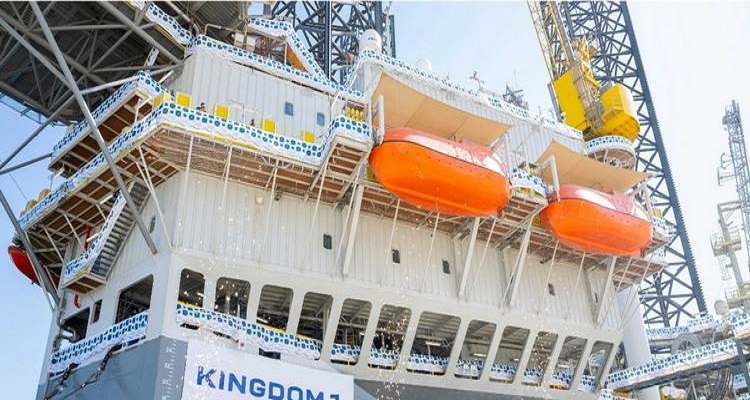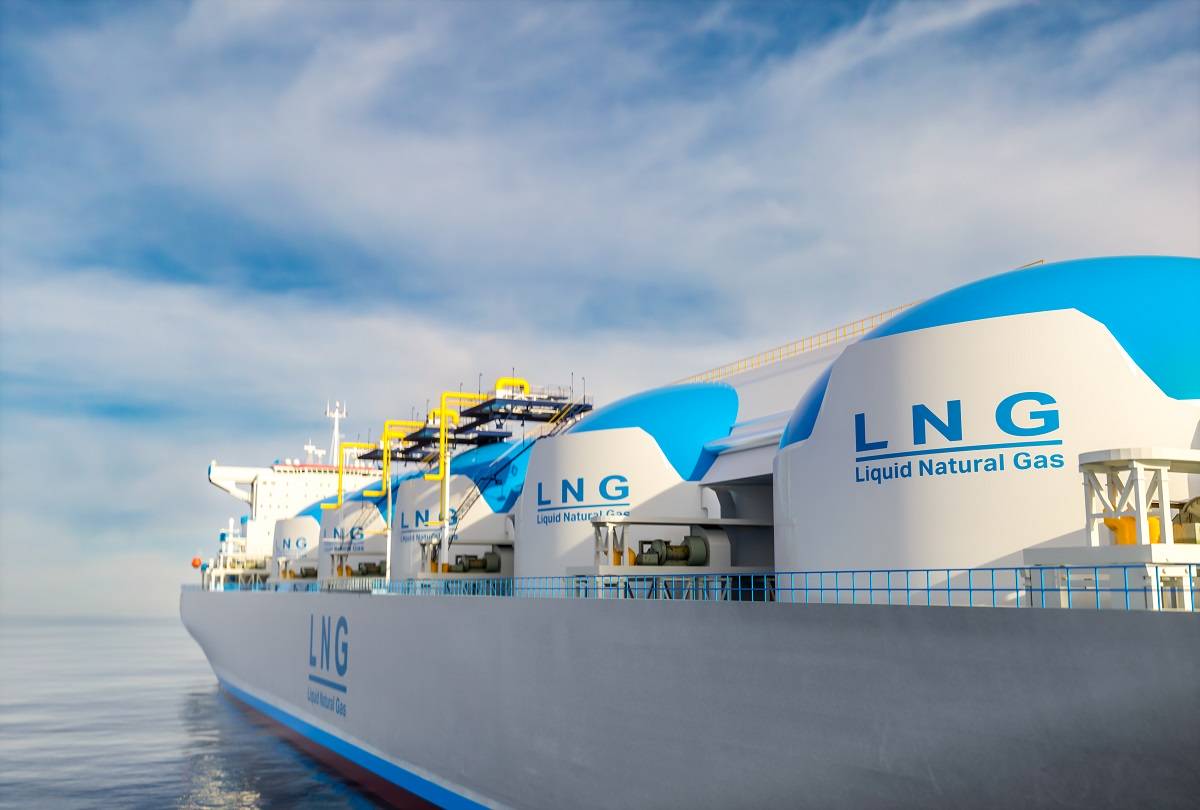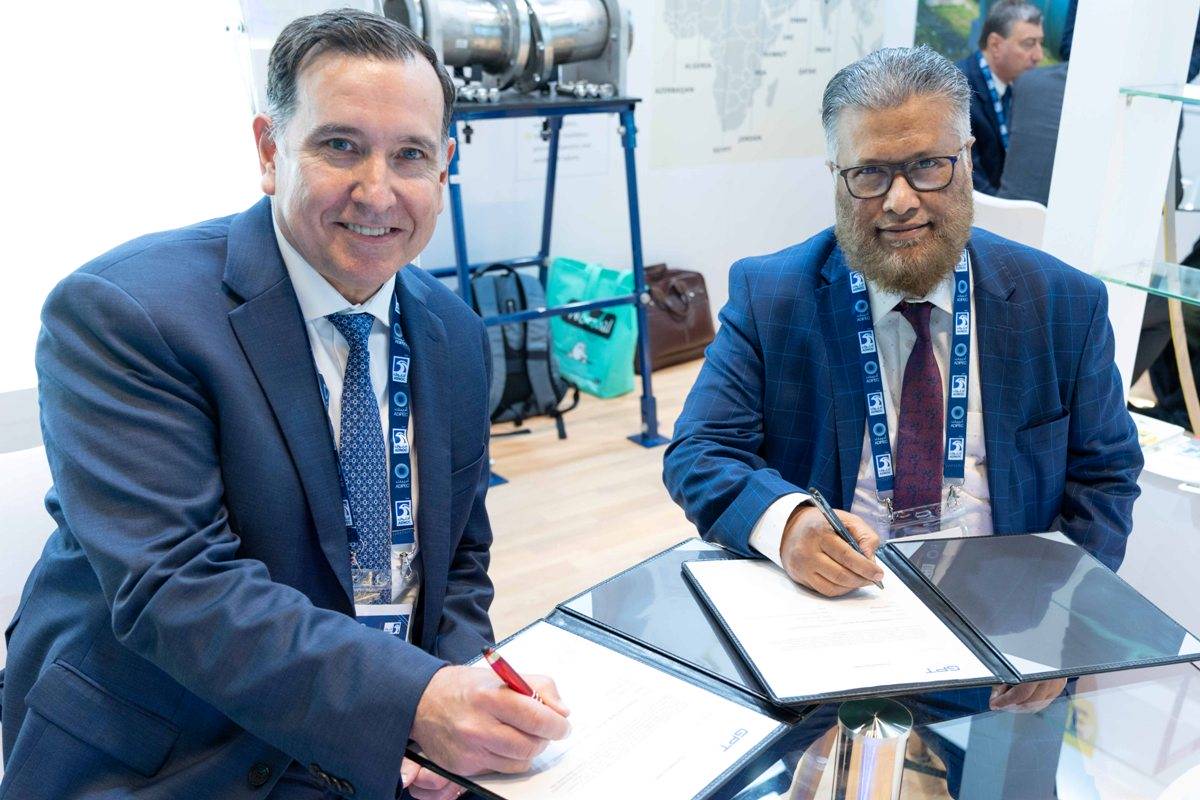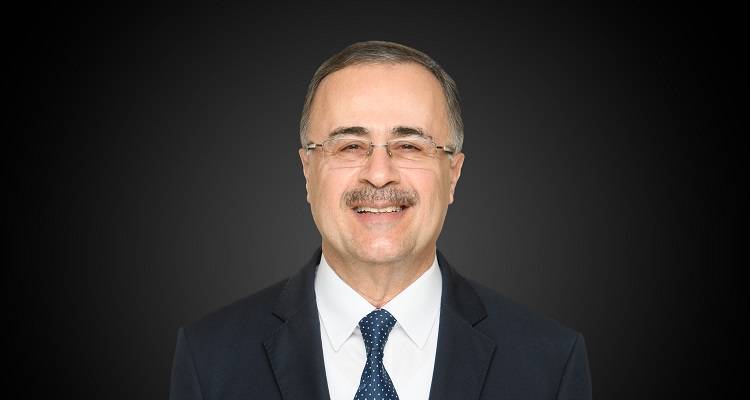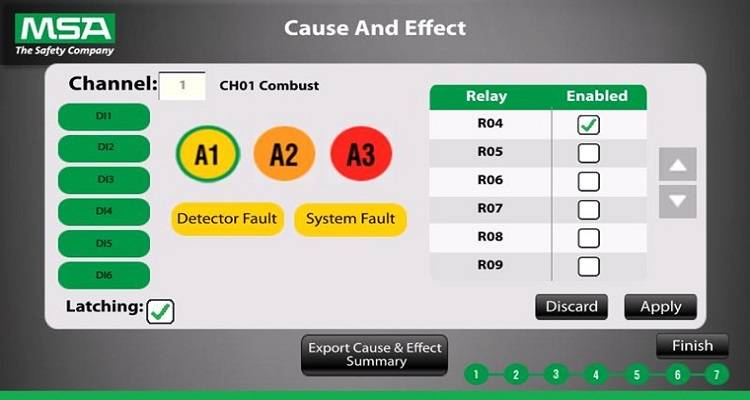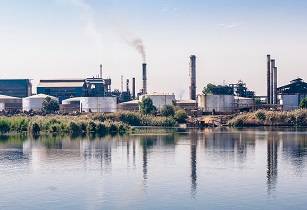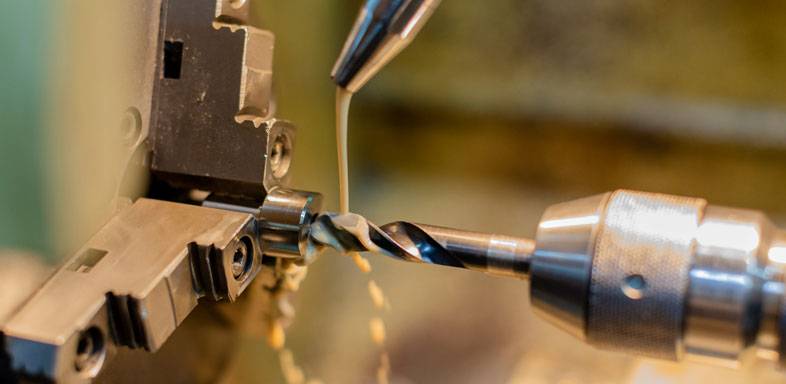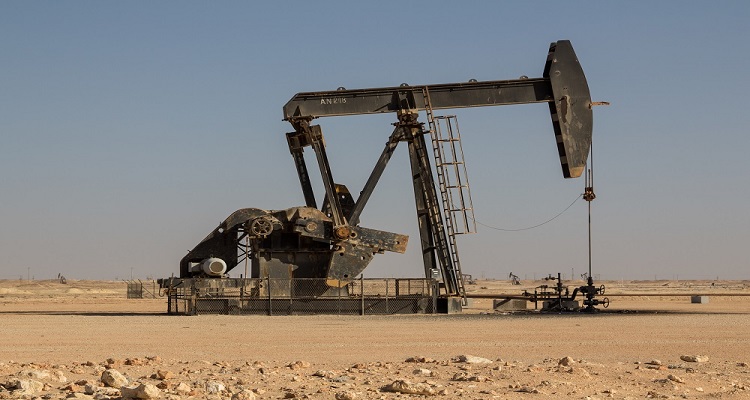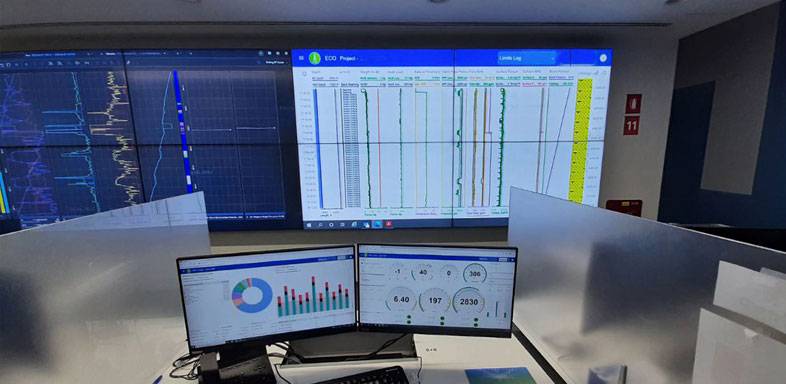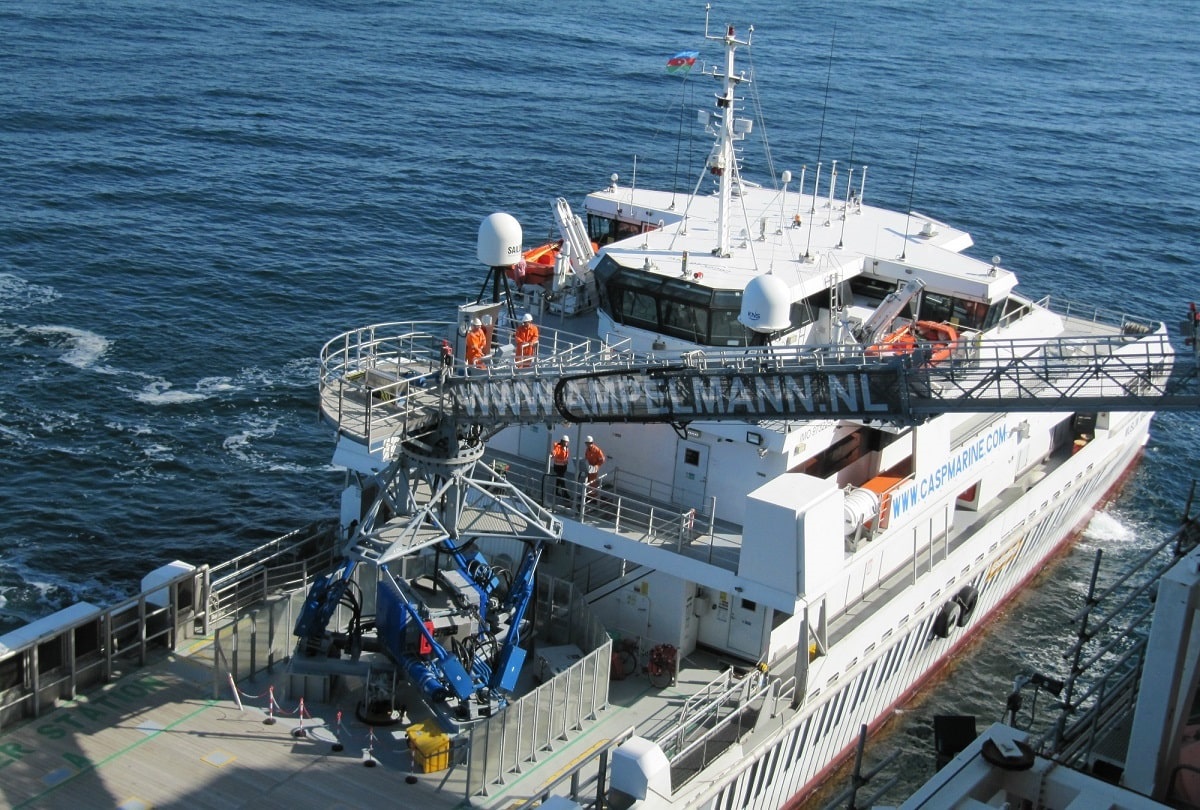R&D efforts in the GCC’s petrochemicals and chemicals sector will focus on processes to reduce the carbon footprint and environmental impact of production, as well as innovation in product applications, company services and business models, says Patrick Cooke, managing editor, Middle East and Asia at Oxford Business Group
In an article for Oil Review Middle East, Cooke comments that one of the biggest challenges facing petrochemicals and chemicals companies in the region relates to environmental sustainability.
“Producers are under scrutiny for their water usage, waste disposal practices, and the climate impact of their operations and products. In addition, consumers and investors alike are increasingly cognisant of the environmental toll of certain products derived from petrochemicals and chemicals, such as single use plastics.
“In response to this global sustainability shift, producers in the GCC region are increasingly embracing circular economy principles to improve their performance in this area,” says Cooke. “For example, the adoption of closed loop value chains for plastics can help retain used plastics within the value chains by redeploying them for use in feedstock, monomers and polymers.
“Policymakers across the region have begun to adopt circular economy policies and strategies at the highest levels. For example, Saudi Arabia is targeting a national zero-waste circular economy by 2035. One area where progress can be seen in practice is in the petrochemicals and chemicals sector, where SABIC has joined forces with the Saudi Investment Recycling Company (SIRC) to develop a chemical recycling plant in the kingdom that will convert mixed plastic waste into feedstock for pyrolysis oil, a synthetic fuel that could be used as a replacement for petroleum. Next door in Bahrain, plastic manufacturer BASF has launched a Circular Economy Programme that aims to process 250,000 MTs of recycled and waste-based raw materials annually by 2025, and double sales generated from circular economy innovations to €17bn. Its strategy focuses on circular feedstocks, new material cycles, and new business models.
“Across the region, government and corporate stakeholders are increasingly aware that long-term value creation in the vital petrochemicals and chemicals industry cannot be achieved without innovation-led sustainable products and practices.”
Cooke goes on to discuss how Gulf producers can minimise the environmental impact of supply chains, and how they are adopting big data solutions to predict changing market conditions, which can not only help boost time and cost efficiency in bringing a new product to market, but also facilitate business model innovation and increase competitiveness.
“Increased investment in research and innovation will be pivotal to drive product differentiation, increase process efficiencies, secure cost advantages and enhance sustainability – ultimately helping the region’s producers become more competitive in the global arena,” Cooke concludes.
The full article can be read in the latest issue of Oil Review Middle East, https://www.oilreviewmiddleeast.com/current-issue











